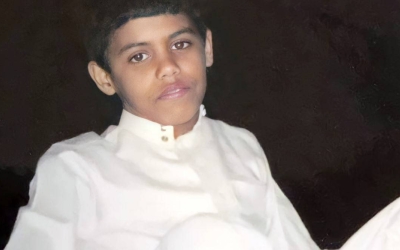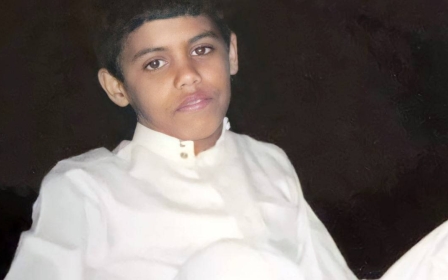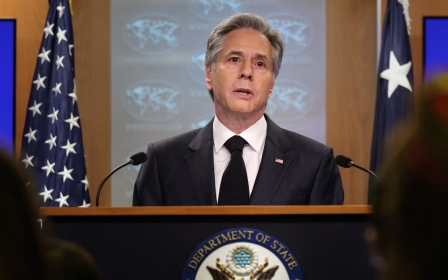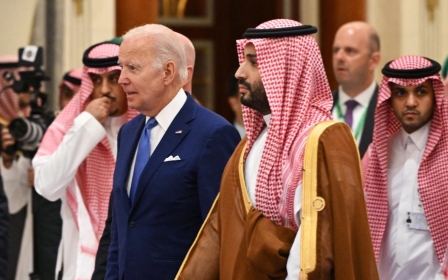Saudi family urges US to intervene in possible death sentence of young man
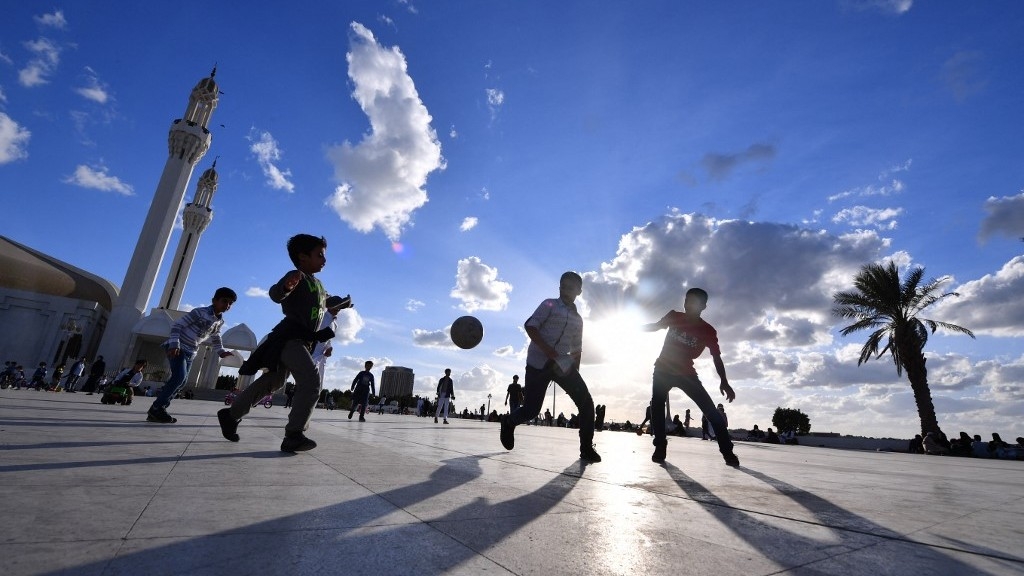
The family of a Saudi teenager is pleading with the United States to intervene ahead of a possible execution over a crime the young man allegedly committed when he was a minor.
Abdullah al-Darazi has been facing the death penalty since 2018, after being arrested in 2014 in relation to his participation in protests in Saudi Arabia's al-Qatif governorate against the kingdom's treatment of Shia citizens there.
Another young Saudi man, Youssef al-Manasif, was arrested in 2017 for his participation in the protests, according to the US Commission on International Religious Freedom (USCIRF), an independent federal commission.
The USCIRF said that both men were allegedly tortured, subjected to solitary confinement, forced to sign confessions, held incommunicado, and denied proper access to legal counsel.
“Saudi Arabia’s government is deaf to our cries but it will listen to you,” a family member of Darazi wrote in a letter, which was seen by The Guardian, to US Secretary of State Antony Blinken.
“You can help bring our sweet and sensitive boy home and prevent him being taken from us forever.”
The cases of both Darazi and Manasif are currently being reviewed by Saudi Arabia’s supreme court. If their sentences are upheld, both would be at risk of imminent execution.
In 2018, Saudi Arabia introduced the Juvenile Law, which essentially eliminates the death penalty for minors.
However, the government carved out exceptions to the law which made it clear the Juvenile Law as a whole does not apply in certain circumstances.
In April 2020, Saudi Arabia introduced a royal decree allowing the law’s provisions to be applied retrospectively.
But the kingdom has still upheld the death penalty in a number of cases involving minors.
Middle East Eye reached out to the Saudi embassy in Washington for comment but did not receive a response by the time of publication.
Human rights abuses
According to the European Saudi Organisation for Human Rights, Saudi Arabia executed 120 people in the first six months of 2022, nearly double the number put to death in all of 2021 despite its promises to reduce capital punishment.
And this year, Riyadh carried out an execution during the holy month of Ramadan for the first time in 14 years.
The Saudi Press Agency later appeared to have changed the date of the announcement of the execution to before Ramadan, which rights groups say was done to defuse criticism over the execution during the holy month.
In response to the letter from the Darazi family, the State Department told The Guardian: "We reaffirm our longstanding opposition to the use of the death penalty when imposed following trials that do not guarantee fair treatment, as punishment for actions taken as a minor, or for crimes that do not meet the 'most serious crimes' threshold for capital punishment, as recognized under international law."
Several Saudi families in the US have expressed frustration with the Biden administration over what they see as a lack of movement in the cases of their family members detained in the kingdom.
The family of Mohammed al-Qahtani posted a public message in April pleading with the Biden administration for help to secure his freedom, more than 10 months after he was supposed to be released from prison. The Saudi government stated that Qahtani had committed "a number of criminal offences" within the prison at the end of his sentence and is being detained as the case is investigated.
Meanwhile, several US lawmakers have tried implementing measures to hold the kingdom accountable for a number of rights abuses.
In March, US Senators Chris Murphy and Mike Lee introduced legislation that would require the State Department to submit a report on the human rights situation in Saudi Arabia, otherwise, all security assistance to the kingdom would halt.
A week later, the US State Department’s annual human rights report cited several human rights abuses committed by its Middle Eastern allies, including Saudi Arabia and the United Arab Emirates.
The report listed a long range of rights abuses in Saudi Arabia, including extrajudicial killings, enforced disappearances, arbitrary arrests, and life-threatening prison conditions.
Middle East Eye propose une couverture et une analyse indépendantes et incomparables du Moyen-Orient, de l’Afrique du Nord et d’autres régions du monde. Pour en savoir plus sur la reprise de ce contenu et les frais qui s’appliquent, veuillez remplir ce formulaire [en anglais]. Pour en savoir plus sur MEE, cliquez ici [en anglais].


